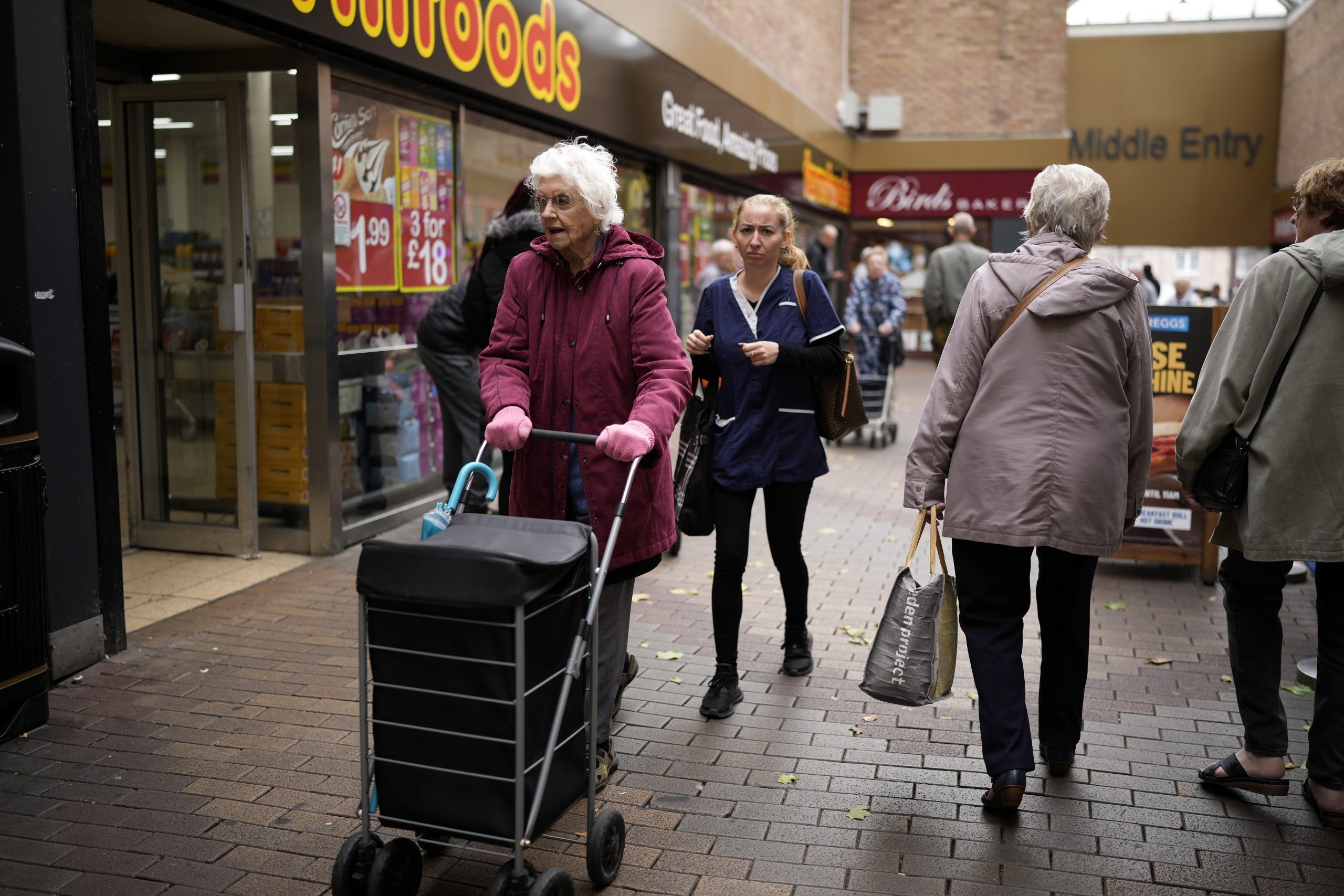- Sunday, April 28, 2024
There is a projected increase of nearly 6.5 per cent in the proportion of individuals “dying before their time” (under the age of 75) as a result of the prolonged period of high prices

By: Kimberly Rodrigues
The nation’s inflation-driven cost-of-living crisis could have dire consequences potentially “cut lives short” and “significantly widen the wealth-health gap” a study published by the open-access journal BMJ Public Health on Monday (25) warned.
According to the modelling for the study, there is a projected increase of nearly 6.5 per cent in the proportion of individuals “dying before their time” (under the age of 75) as a result of the prolonged period of high prices.
The most deprived households will experience four times the number of extra deaths than the wealthiest households, it forecast, with the poorest having to spend a larger proportion of their income on energy, the cost of which has soared.
The researchers studied the impact of inflation on death rates in Scotland in 2022-3, with and without mitigating measures such as government support to help cut household bills.
The collected data was then used to model various potential future outcomes on life expectancy and inequalities for the country as a whole if different mitigating policies were implemented.
Without any mitigation, the model found that inflation could increase deaths by five per cent in the least deprived areas and by 23 per cent in the most deprived — coming down to two per cent and eight per cent with mitigation, with an overall rate of around 6.5 per cent.
Overall life expectancy would also fall in each case, it added.
“Our analysis contributes to evidence that the economy matters for population health,” said the researchers.
“The mortality impacts of inflation and real-terms income reduction are likely to be large and negative, with marked inequalities in how these are experienced.
“Implemented public policy responses are not sufficient to protect health and prevent widening inequalities,” they added.
Inflation unexpectedly slowed in August to 6.7 per cent from a high of 11.1 per cent, but remains the highest in the G7, fuelled by coronavirus lockdowns, Brexit and the war in Ukraine.
(AFP)